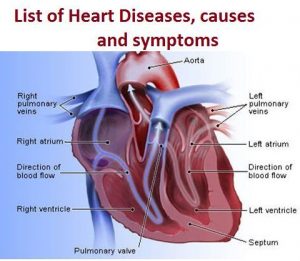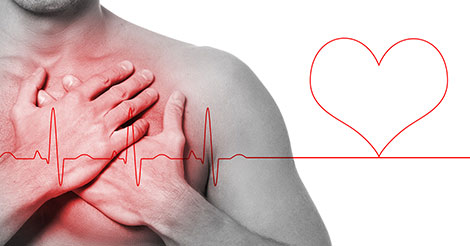CHANDIGARH, August 16, 2021
A few changes in your daily routine can not only improve your health and cam make you active throughout the day but it can save you from getting heart diseases. Here are 5 ways in which you can reduce chances of getting cardiac problems.
- Improve cholesterol levels: Most of the diseases in human bodies are the result of bad and unhealthy eating habits. If you are worried about the consequences of the healthy food on your heart, they start maintaining cholesterol levels in your body. To help lower cholesterol levels, eat meals with low saturated fats and refined sugars and include food rich in fiber, in your daily diet.

In the human body, the total cholesterol level is over 200. However, if the level is below 40 upon testing, it is regarded as ‘good’ whereas, if the level is above 160, then you definitely need to improve upon it.
2. Control high blood pressure: Hypertension or high blood pressure is directly linked to your heart problems and is considered as the most common reason for the cardiac attack. Some people are dependent on regular medicines to control the blood pressure but daily exercise for at least 20 to 30 minutes will help you control hypertension. Also, remember not to add excessive salt in the meals to lower the blood pressure.
3. Maintain healthy weight: Doctors say that heart diseases are common in obese or lethargic people. The third way to control the risk factor is to maintain healthy weight. By healthy weight, one means body weight according to your age and height. If you are over-weighted, start doing exercise and adopt healthy eating habits.
4. Quit alcohol, smoking: The people who consume ‘booze’ substances like alcohol, cigarettes or drugs are more prone to getting heart diseases and have less chance of survival following the cardiac attacks, when compared to the people who simply say ‘No’ to such things.
5. Healthy diet: Last but not the least, add healthy food items in your daily meals to avoid the risk of heart diseases. Food items that can help you more are fruits, vegetables, nuts, beans, whole grains, legumes, berries, dark chocolate, fish oil and many more.

 हिंदी
हिंदी






